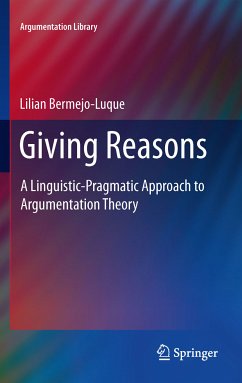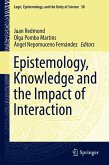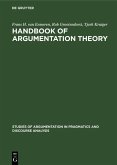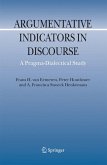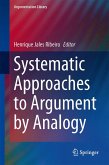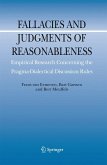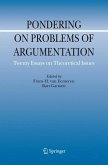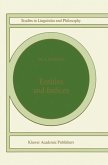This book provides a new, linguistic approach to Argumentation Theory. Its main goal is to integrate the logical, dialectical and rhetorical dimensions of argumentation in a model providing a unitary treatment of its justificatory and persuasive powers. This model takes as its basis Speech Acts Theory in order to characterize argumentation as a second-order speech act complex. The result is a systematic and comprehensive theory of the interpretation, analysis and evaluation of arguments. This theory sheds light on the many faces of argumentative communication: verbal and non-verbal, monological and dialogical, literal and non-literal, ordinary and specialized. The book takes into consideration the major current comprehensive accounts of good argumentation (Perelman's New Rhetoric, Pragma-dialectics, the ARG model, the Epistemic Approach) and shows that these accounts have fundamental weaknesses rooted in their instrumentalist conception of argumentation as an activity oriented to a goal external to itself. Furthermore, the author addresses some challenging meta-theoretical questions such as the justification problem for Argumentation Theory models and the relationship between reasoning and arguing.
Dieser Download kann aus rechtlichen Gründen nur mit Rechnungsadresse in A, B, BG, CY, CZ, D, DK, EW, E, FIN, F, GR, HR, H, IRL, I, LT, L, LR, M, NL, PL, P, R, S, SLO, SK ausgeliefert werden.

